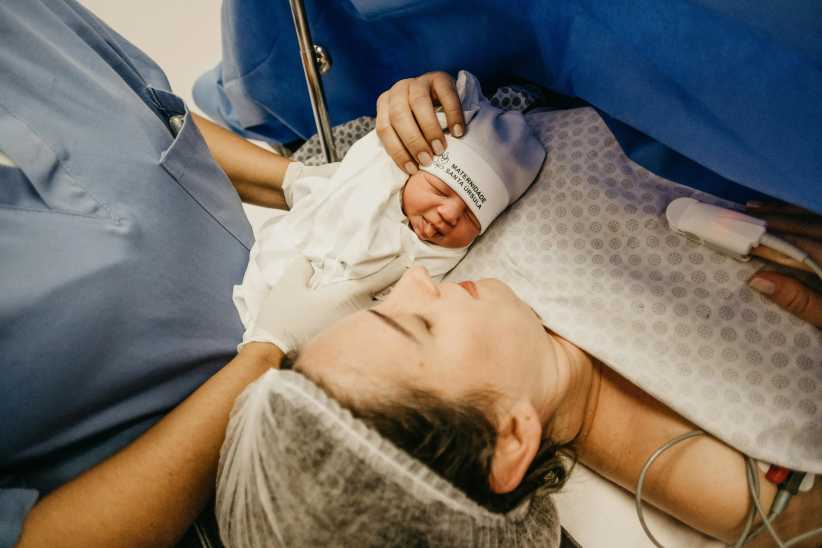You have probably heard of the Zika virus by now. For pregnant women, it is especially terrifying. The information is changing quickly, and while at this point you are NOT likely to contract the virus in the United States, the type of mosquitoes that transmit the virus (Aedes mosquitoes), are found in warmer climates of the U.S.
It’s expected that four million people will contract the Zika virus in 2016 in the Americas.
The outbreaks are more likely in tropical zones — southern regions in the U.S. — and the U.S. will not likely see an outbreak until the warmer months when mosquitoes are more active. While your odds of contracting the virus are low (unless you travel to one of the countries listed in the travel advisory), it’s still important to know how to protect yourself and your unborn baby.
The Zika virus is a mild disease — in most cases — and rarely results in severe illness or death, but it can be very dangerous for pregnant women’s babies.
This is because when a pregnant mother is infected, the fetus can be infected, causing the rare birth defect microcephaly.
This is a neurological condition causing babies to be born with small heads and sometimes small brains.
The condition can also cause other life-threatening developmental anomalies and death. If a mother is infected in the first trimester, the baby has the highest risk of extreme issues.
The Center for Disease Control is still studying the virus and trying to understand all outcomes that may increase risk to the fetus and any outcomes associated with infection during pregnancy.
Here’s what you should know:
Symptoms of Zika virus
Most commonly, the symptoms include fever, rash, headaches, red eyes, muscle and joint pain, and pain behind the eyes; however, four out of five people infected will not show symptoms. Zika is not contagious, and is mostly spread through mosquito bites.
However, it can be spread through sexual intercourse, according to experts, so if your significant other has recently traveled to one of the places on the travel warning, use protection throughout the duration of the pregnancy.
Is there a treatment or test?
There is no treatment for the Zika virus, however, if you are pregnant, and you or your partner have traveled to an affected country, ask your doctor to administer a blood test to detect the virus.
If it’s positive or inconclusive, an amniocentesis may be done to check the baby for infection. Additional ultrasounds will also be administered to check for signs of microcephaly throughout the pregnancy.
For more info on testing, see the Center for Disease Control’s flow chart: www.cdc.gov/mmwr/volumes/65/wr/mm6505e2er.htm
Can Zika be prevented?
There is no vaccine for the Zika virus. The best thing you can do is protect yourself from being bitten by mosquitoes.
This includes wearing long pants and sleeves, staying indoors during peak mosquito times, and using mosquito repellent (which is safe and recommended during pregnancy), and not traveling to countries on the travel advisory.
Alexa Bigwarfe is the mother of three children who writes articles about infant, children, and maternal health. She is a freelance writer living in Columbia, S.C.
Travel advisory
The Center for Disease Control has issued a Zika-related travel warning, due to cases of infection, for the following countries:
• American Samoa
• Barbados
• Bolivia
• Brazil
• Cape Verde
• Colombia
• Commonwealth of Puerto Rico, U.S. territory
• Costa Rica
• Curacao
• Dominican Republic
• Ecuador
• El Salvador
• French Guiana
• Guadeloupe
• Guatemala
• Guyana
• Haiti
• Honduras
• Jamaica
• Martinique
• Mexico
• Nicaragua
• Panama
• Paraguay
• Saint Martin
• Samoa
• Suriname
• Tonga
• U.S. Virgin Islands
• Venezuela
Visit the Center for Disease Control’s website for updated travel advisories and Zika virus information.






















